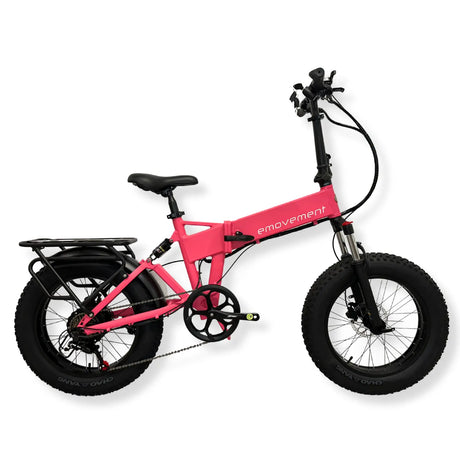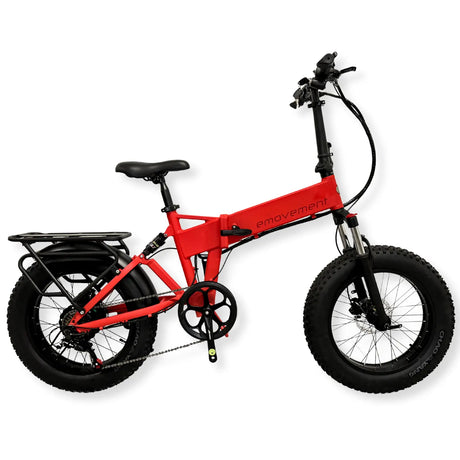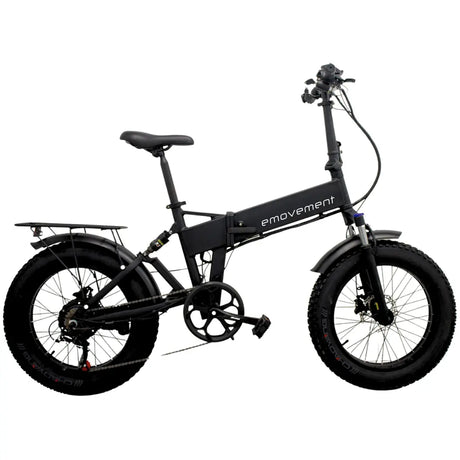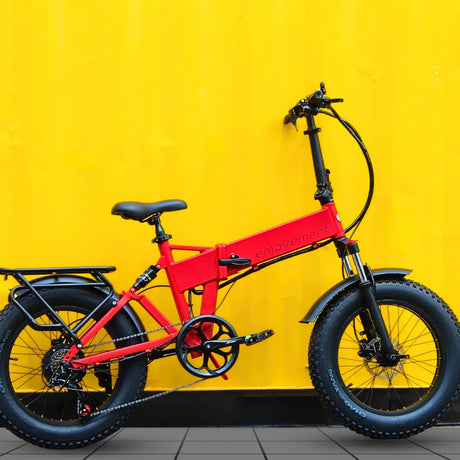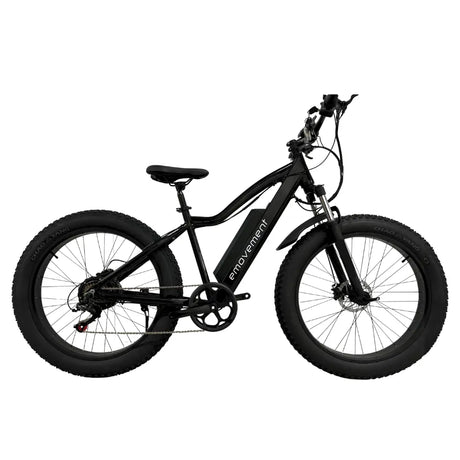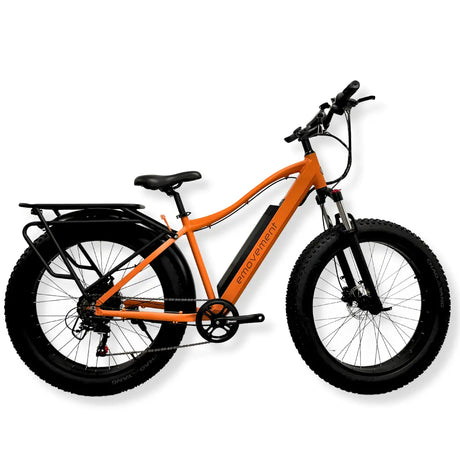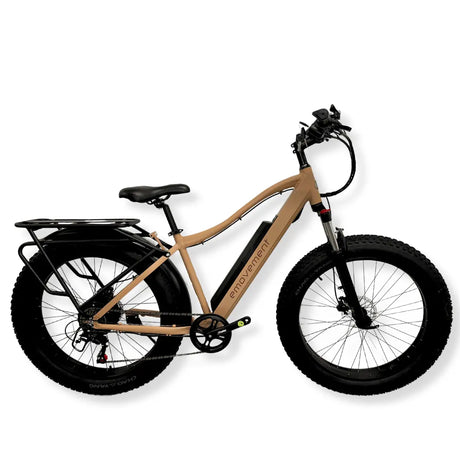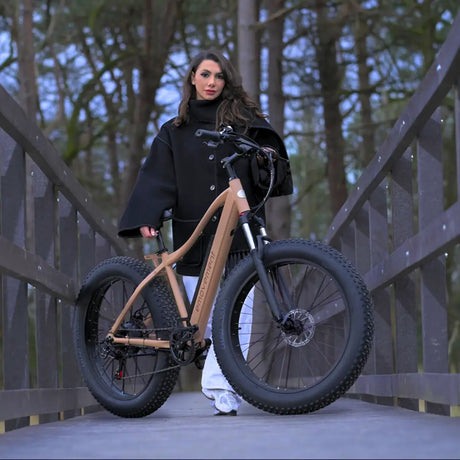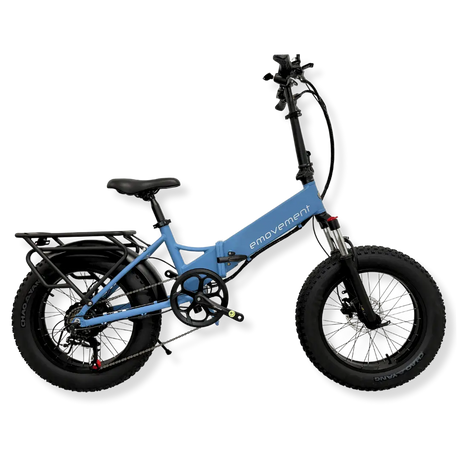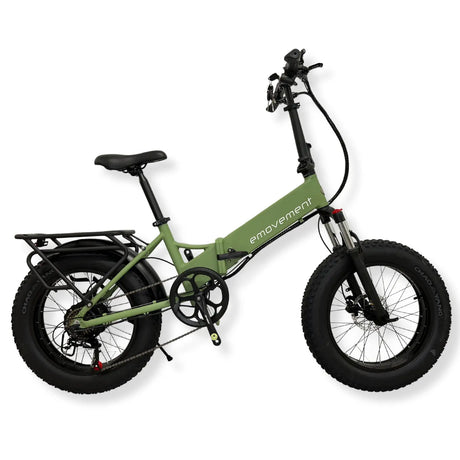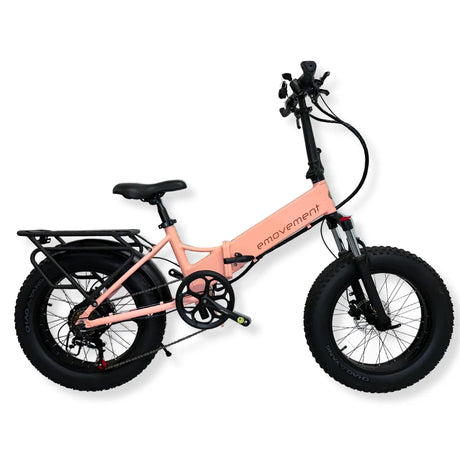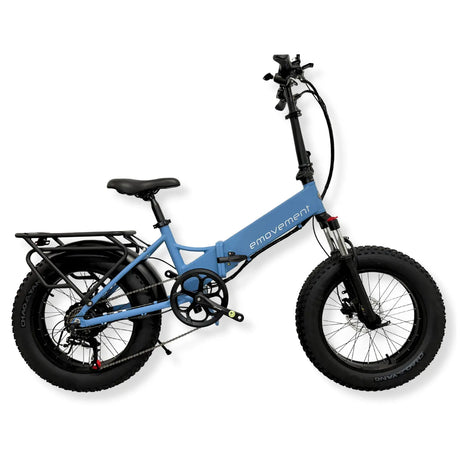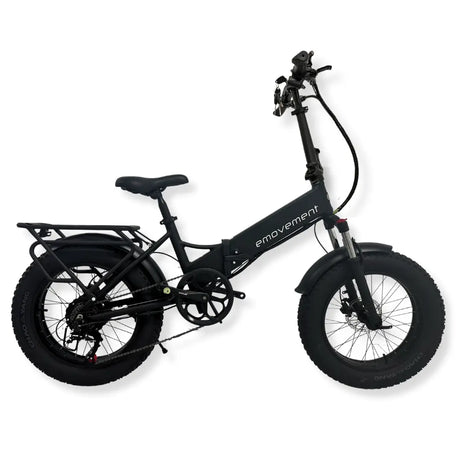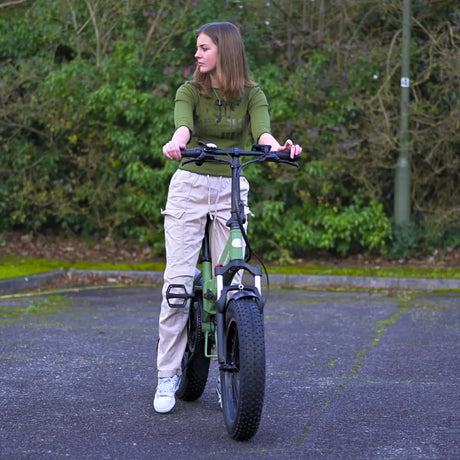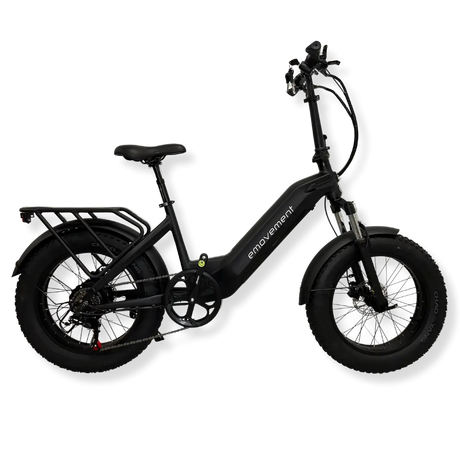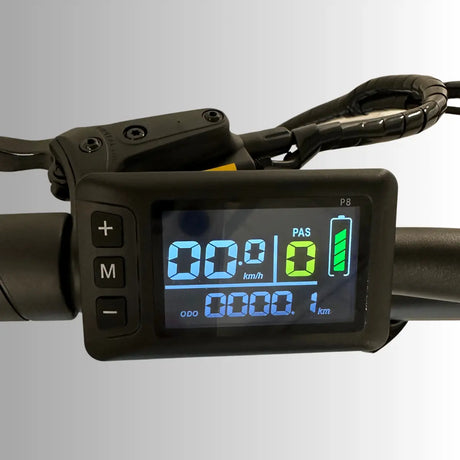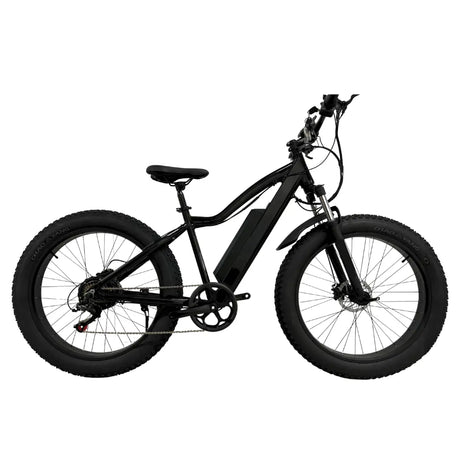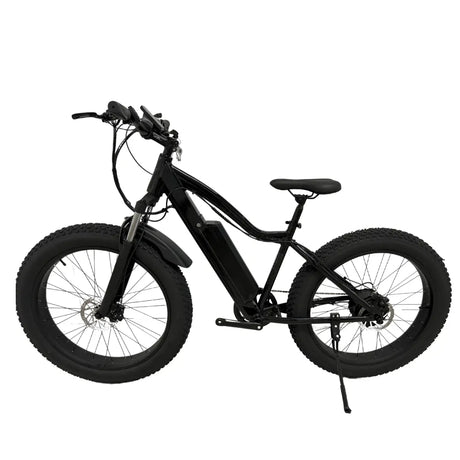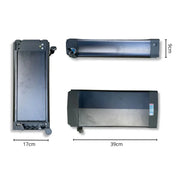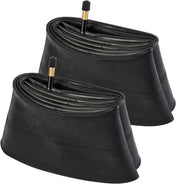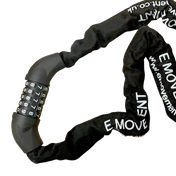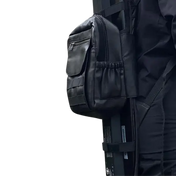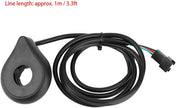“We don’t want to contribute to the destruction of our planet, and we don’t want to be stuck in gridlock traffic while doing so.”
The future is no longer going to come roaring down the highway, rather humming and whirring gently down the street.
The COVID-19 pandemic has forced us to re-examine many of our long-held beliefs, and one area where this is particularly evident is in how we approach everyday mobility. For the younger generation of working professionals, commuting is no longer just about getting from point A to point B. It’s about finding meaning in our experiences and making every moment count.
E-bikes: A Sustainable Solution to City Gridlock
Gone are the days of mindlessly sitting in traffic during the 9 AM rush hour to get to a drab office. We want our commute to be an enjoyable and fulfilling part of our day. This shift in urban transportation is driving a growing interest in micro-mobility , specifically electric bikes, as a more sustainable and fulfilling way of commuting.
At the heart of this shift to e-bikes is a growing awareness of the negative impact of cars on the environment and our communities. We don’t want to contribute to the destruction of our planet, and we don’t want to be stuck in gridlock traffic while doing so. E-bikes, like folding ones , provide an eco-friendly and efficient alternative that helps us reduce our carbon footprint while still getting where we need to go.
Moreover, remote work options have become more prevalent due to the pandemic, which means that we don’t necessarily have to be commuting to work and checking in at the office every day. This newfound flexibility has given us the freedom to consider alternative modes of transportation that better align with our values and lifestyle.
Evolving Alongside Cities
As cities grow and expand, the way we navigate them must also evolve. Urban landscapes are changing rapidly, with more emphasis on walkability, public spaces, and proximity to amenities. The 15-minute city concept , which promotes the idea of creating neighbourhoods where everything you need is within a fifteen-minute walk or bike ride, is gaining momentum. This shift in urban planning means that traditional modes of urban mobility, like privately-owned cars, are no longer sustainable or practical.
That’s where e-bikes come in. With a continuously growing market and many different types to choose from, they offer a convenient and sustainable way to navigate urban environments. With their low carbon footprint and ease of use, this mode of environmentally friendly transportation is quickly becoming the preferred solution for many. They allow for greater flexibility and freedom of movement while also encouraging a slower, more mindful approach to daily life.
Plus, with many cities installing essential bicycle infrastructure, like bike lanes, and dedicating more space to cyclists, it’s becoming safer and easier to ride an e-bike in urban areas.
Our generation and younger ones are becoming increasingly frustrated with traffic congestion and the resulting high levels of pollution caused by cars, contributing to climate change and global warming. Ever-rising fuel prices are also concerning as inflation rises globally.
As we place great importance on being thrifty and budget-conscious, e-bikes present an ideal solution as they are both cost-effective and sustainable transportation compared to cars, with lower purchasing costs, maintenance, and taxes. The dream of owning convenient transport without going into further debt is fast becoming a reality.
Moreover, living spaces are becoming increasingly limited , especially in bustling cities where many of us young urbanites want to establish our home bases. This often means we have to compromise on parking space for our vehicles. E-bikes, on the other hand, require no parking space and can be easily stored in our homes or apartments. While they may not offer the luxurious air-conditioned environment of a car, our generation values meaningful experiences over extravagance. Riding an e-bike allows us to re-discover our surroundings from a unique perspective that just cannot be achieved by conventional urban transportation.
Fostering Communities
There is also a strong sense of community that comes with riding an e-bike, for example, Hunter Extreme . Cycling groups and communities exist for fitness, being active, exploring new places, and even working together on social development initiatives. Having an electric bike gives us access to these communities, fostering a sense of togetherness and community that is not always present in our isolated urban living. This is yet another way that our urban landscape is changing for the better, becoming more communal, not just in terms of shared spaces but also in how we interact socially.
The good news is that more governments and companies are getting on board the undeniable trend of micro-mobility. From offering residents tax credits and rebates, subsidies, and in some cases, even free e-bikes, cities are happy to pay to lessen the load of cars on their roads.
In addition, there is a growing trend of bike-sharing programs and e-bike subscription services, which allow people to rent e-bikes on a monthly basis. This can be a more affordable option for those who don’t want to commit to purchasing an e-bike outright or who don’t have the space to store one.
But the benefits of owning your own personal e-bike far outclass the subscription model. There is a plethora of different e-bike models and brands to choose from; some companies even offer e-boards as a cooler option.
To entice potential customers even further, electric bike companies are offering instalment plans, leasing options, or financing through third-party providers. Some companies also offer discounts or promotional deals to make e-bikes more affordable, like E-Movement’s Cycle to Work and Klarna and Snap Finance schemes.
As we look to the future of city transportation solutions, it’s clear that e-bikes are becoming an increasingly important part of the conversation. They offer a sustainable, affordable, and convenient alternative to traditional modes of transportation and align with our generation’s values of community, mindfulness, and environmental responsibility.
As more governments and companies invest in e-bike technology , infrastructure, and accessibility programs, we can expect to see even more growth in this industry in the years to come. With their ease of use and low environmental impact, e-bikes are poised to become the go-to choice for young urbanites looking for a better way to get around.
“It’s not just about transportation. It’s about living a more meaningful, fulfilling, and sustainable life.”
But the biggest takeaway from this shift towards micro-mobility is that it’s not just about transportation. It’s about living a more meaningful, fulfilling, and sustainable life. By embracing e-bikes, we’re not just reducing our carbon footprint and saving money on transportation costs, but we’re also taking control of our daily experiences and making every moment count.
So if you’re looking for a new way to navigate your city, consider hopping on an e-bike and joining the growing movement towards micro-mobility. It may just change the way you think about commuting and redefine your urban experience.








